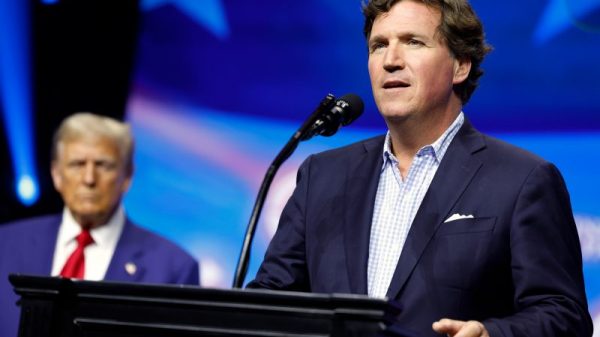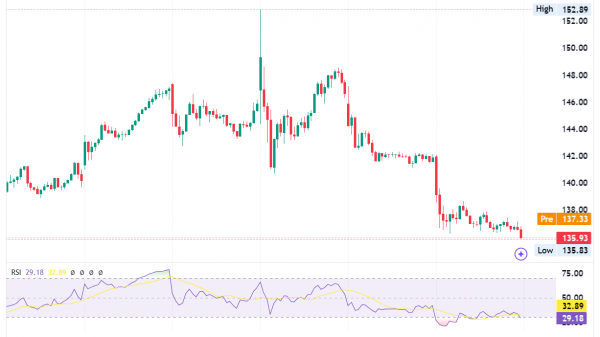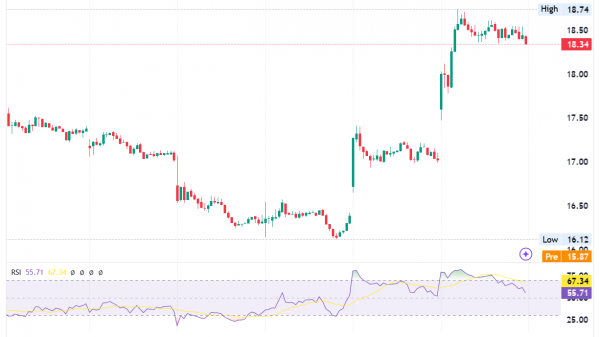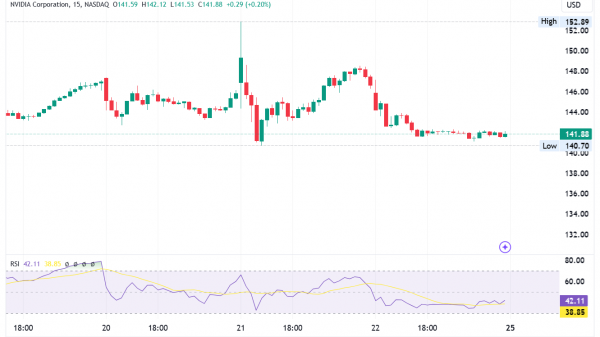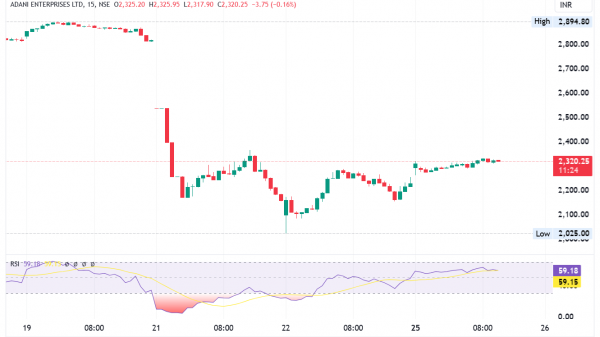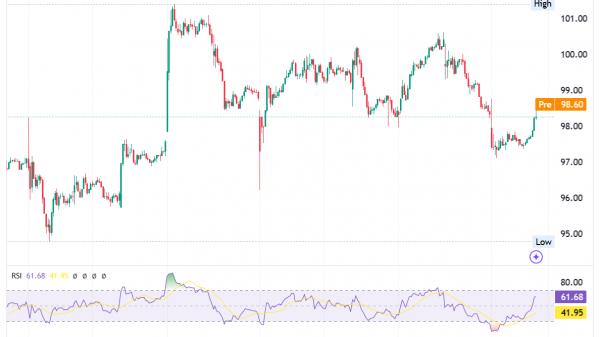A transparent Donald Trump-backed attempt to reconfigure — dare we say “rig” — the electoral college to be more in his favor in 2024 has fallen short. At least for now.
The technically nonpartisan but heavily Republican Nebraska legislature late Wednesday overwhelmingly rejected an attempt to change the state’s rules from awarding electoral votes by congressional district to awarding them on a winner-take-all basis.
The idea is to prevent President Biden from winning one of the state’s five electoral votes; both he in 2020 and Barack Obama in 2008 carried the state’s swingy 2nd District. (Maine is the only other state that divvies up electoral votes like this.)
But the backers in the Nebraska case aren’t giving up yet. Wednesday’s tactic was to attach the change to an unrelated bill, but the effort could take another form if its supporters can overcome significant procedural hurdles. And Biden’s team is reportedly engaged in the fight, too.
All over a single electoral vote — 1 of 435. Why?
Because even if it’s unlikely that Nebraska’s 2nd District could ever be decisive in a presidential race, it’s not unforeseeable. There are a few plausible scenarios in which this could matter.
The most frequently invoked scenario is this: Trump flips Arizona, Georgia and Nevada from blue in 2020 to red in 2024, while Biden hangs on to the crucial trio of Michigan, Pennsylvania and Wisconsin. Democrats have already isolated those three states as Biden’s firewall, hoping his appeal to Midwestern voters holds up.
Arizona and Georgia were the most closely decided states in 2020, and Trump would just have to flip them and Nevada, which polls suggest is pretty favorable for him right now.
Under the current rules — and if nothing else changed from 2020, including in Nebraska’s 2nd District — Biden would win 270 electoral votes to 268. The map below is courtesy of 270 to Win, where you can craft your own scenarios:
If Nebraska changes its rules, that would mean a 269-269 tie, to be settled by the House of Representatives. (Each state’s delegation would receive one vote, and Republicans would seem likely to hold more delegations.)
Other scenarios are even less likely.
One involves Trump flipping just two states from 2020 — Michigan and Pennsylvania. That would create a 269-269 tie before a potential Nebraska change, and a 270-268 Trump win if the change is made.
But Michigan (which went for Biden by 2.8 points) and Pennsylvania (Biden by 1.2) were not as close as other key swing states last time. And it’s difficult to see a situation in which Biden loses them but holds on to Arizona, Georgia and Wisconsin.
Other scenarios involve Trump flipping Michigan, but Biden also somehow flipping North Carolina (which he lost by 1.3 points).
Trump could flip Michigan, Nevada, Pennsylvania and Wisconsin, while Biden flips the Tar Heel State. That would be a 269-269 tie before any Nebraska change.
Trump could also flip Georgia, Michigan and Pennsylvania, with Biden flipping North Carolina. Again: a 269-269 tie, in which Nebraska’s 2nd District could swing the race to Trump.
Trump could also flip Pennsylvania, Wisconsin and New Hampshire, creating a 270-268 Biden map before a Nebraska change, and a 269-269 tie if Nebraska makes the change.
But New Hampshire favored Biden by 7.4 points, which points to how unlikely these scenarios are getting.
You can also get to a 270-268 Biden or a 269-269 map by moving Maine’s 2nd District (which Trump won by 7.4 points) or Florida (Trump by 3.4 points) to Biden, in combination with other changes. But red would have to turn blue and blue to red in very unlikely ways — especially given that we’re talking about the very same candidates on the ballot that we had in 2020.
And then we get into other possibilities. One is that faithless electors withhold their votes from a candidate. Another is Maine responding to a Nebraska change by also going winner-take-all (effectively helping Biden by offsetting the change). Another would be a third-party candidate somehow winning a state, throwing the majority math into flux for each candidate.
All unlikely, especially in ways that would matter. But we have seen close electoral college votes. George W. Bush got 271 electoral votes just 24 years ago. Rutherford B. Hayes won by a single electoral vote in 1876. John Adams got one more electoral vote than he needed in 1796.
Those three races account for 5 percent of all presidential elections in U.S. history.












